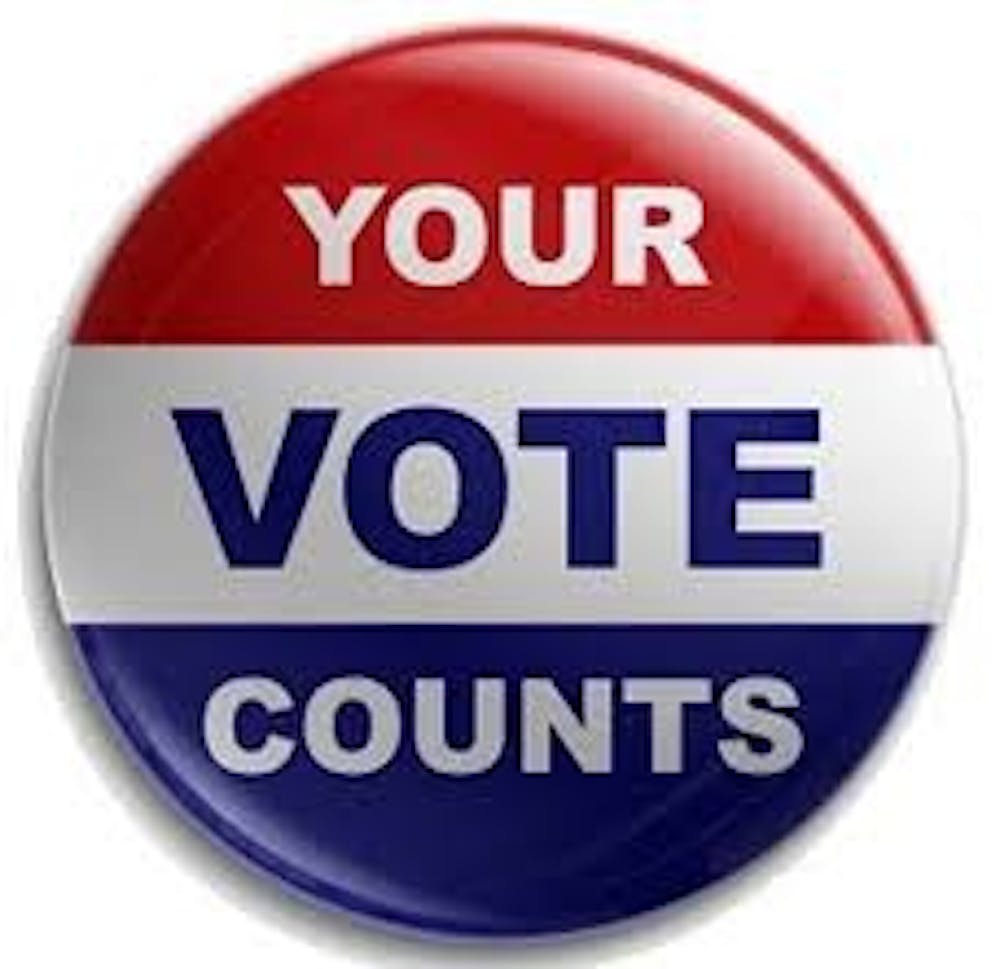One of the most frustrating conversations a politically engaged citizen can have is encouraging a friend or family member to vote and getting the classic “my vote doesn’t matter” response. What rebuttal do we subsequently offer these people? “Well, if everyone who said that voted, they could actually make a difference.”
This argument is not likely to convince your friend, because by itself it neither disproves the relative unimportance of a single vote nor shows how a single person’s vote could bring about a more consequential number of extra votes in an election.
While it is intuitively true that, say, 10,000 extra people’s votes have a higher chance of affecting an election than only one extra vote, it does not change the fact that your friend’s individual vote will almost certainly not matter by itself. At the state level — and especially at the federal level — the number of times a single vote has changed the outcome of an election is close to none. So while it is possible that one person’s vote will directly change the outcome of an election, the chance of that happening is negligible. Yet the more people that decide to vote — even if they originally planned not to — the higher the chance that those same people will collectively impact an election. This debate can go on endlessly because neither point invalidates the other.
The impasse between the view that any particular vote cast is unlikely to matter and the counterargument that all the people who hold that view could decide to vote can be easily resolved. You simply have to convince the person with the former view that voting and publicizing the intent to vote can exponentially increase the number of other people who show up to vote as well.
Studies show that social pressure is an effective means of encouraging people to vote if they were previously not intending to do so. A study by Alan Gerber from Yale and Todd Rogers from the Analyst Institute found that a potential voter’s expectation of high election turnout actually increases the likelihood that they would show up to vote. It may seem counterintuitive, but people do attempt to conform to their “beliefs about what people actually do in a given situation.” If you think a lot of people will show up to vote, you may feel like you are supposed to as well.
This phenomenon helps explain the logic behind giving out “I voted” stickers on election day. Wearing one allows you to provide a visible cue that you voted, and someone seeing it may either be reminded that it is election day or may feel that they need to vote, too, since other people are doing so. It also explains why the Princeton Vote 100 campaign is giving out hats and stickers to encourage students to pledge to vote. A 2016 study found that people are more likely to vote if they know they will be asked about their voting record in the future and have a sense of pride in informing others that they have voted.
When you publicize the fact that you are going to vote, be it through social media, wearing a button, putting a sticker on your laptop, or just telling your friends, you create pressure for them to vote too. These are all easy steps people can take to get others to vote without a real time commitment involved, unlike campaigning for a specific politician.
Publicizing your intention to vote is exactly why your vote matters, even if your singular vote may not be the one vote that changes the outcome of a nearly tied election. Your one vote can get others to vote. If they also choose to publicize their electoral engagement, they too can encourage others to vote. This dynamic can bridge the gap between many unengaged voters choosing to vote and one unengaged voter choosing to vote.

Only by highlighting the connection between one vote and many will you be able to efficiently rebut the notion that someone’s individual vote does not matter. As the midterms approach, let your less politically engaged friends know how much impact they can have just by putting on an “I voted” sticker after they leave the polls on Nov. 6 or by reminding their own friends about the upcoming election day. A great way to encourage your fellow University students to vote is by inviting them to take the Princeton Vote 100 pledge. As more students pledge that they will get involved in the midterms, the students who are currently reluctant will feel more encouraged to go out and vote. We are fortunate to have the ability to vote in democratic elections when so many around the world do not. Let us defend the importance of each individual vote with the best arguments possible.
Hunter Campbell is a sophomore from East Arlington, Vt. He can be reached at hunterc@princeton.edu.









